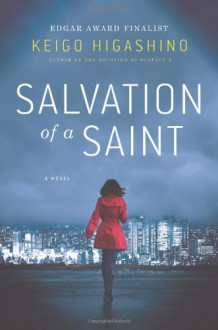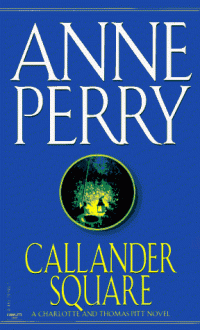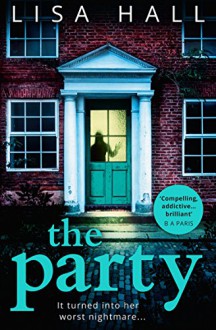

I like Barbara Bard, I really do but this book is as dry as the Sahara desert, definitely one of her worst that I have read.
There is nothing to connect to and no characters to really care about, motives make no sense and people change just because the plot needs them to, without any growth or logic behind it.
(*examples given below might be SPOILERS*)
The storyline. If I just write it in a few short points, nothing looks amiss but then you read the book and you see nothing actually connects the plot threads and there is no logic behind things happening and everything happens just to connect one point to another disregarding any common sense known to humans.
Example: So this kidnapped woman who was taken deep into Scotland allegedly writes home to telltale about the weakness in the defence of this estate and her father receives the letter and rides of to see the king to get support and gets back home with it and manages to go rescue his daughter in the span of three days and he somehow manages this great feat and since the highlanders were surprised and unprepared they weren't really defending and instead of the English (remember, the King's troops are also there) invading and fully defeating them after their Laird has been beaten to a bloody pulp in front of everyone (and they don't kill him for some reason), no, they just get this insignificant woman and leave. Ah, yes, makes sense (notice the irony).
The characters. What a bunch of dry stale cookie cutter characters. They are not believable, they are not like real humans, we do not connect to them, they are just cardboard printouts to stand there as the so called plot happens around them. I have no idea how this good author have managed to spit out such bland idiotic pieces of s... *coughs... let's be civil here. How she managed to produce these, these ehm... characters in name only. There is nothing about them that makes them believable, it's horrible. They are awful people and only act a certain way when the plot needs them to.
Example 1: Gabby, the main female character, is supposed to be some kind of a progressive thinker in the area where she lives but then people tell her that Highlanders drink blood and eat human flesh and she believes it fully without a second thought. Or she is supposed to be a strong woman who was kidnapped and forced into marriage but then resists and all we see how upset she is that the husband doesn't immediately boink her right there and then.
Example 2: Callum, the main male character, is supposed to be this scarred wounded Highlander whose love died some years back and his world crushed then and he was left a shell of a man and then we see he immediately boinked the dead woman's best friend and kept on boinking her until this English woman disrupted his life somewhat. Such an upstanding good man that is. Totally don't want him to die a horrible death, nope, totally not.
Example 3: Callum's father needs his son to marry so he will secure his future Laird position and it has to be done immediately for some inexplicable reason and so instead of him trying to find him a Highlander woman and takes a bit more time, he just raids an English estate and kidnaps a woman there and thinks that is a good idea. How is that logical to begin with? When bunch of things just make no sense to begin with, how am I supposed to care about any of it?
Characters continuously do a 180 turn whenever the plot calls for it and it's painfully aggravating.
Example 1: Gabby's fiance whom she was supposed to marry (forcefully as well) was her childhood friend whom she saw as a brother. He wanted her and pushed himself on her much worse than the Highlander later on. He did not want to listen to one word she said, no objection or complaint. When Gabby is kidnapped and taken he told her she must be glad she is being kidnapped to get her adventure and laughs evilly. When she is mistakenly brought back, he pushes himself on her again and basically forces her to marry him, again. And then on the wedding day when she is already there somewhat willing, he does a 180 and just says that there are people outside who will escort her back to Scotland. What the actual f*ck? He did not develop as a character in the meantime and nothing happened to him to change his awful almost-rapey behaviour from before. He just becomes a saint so she can be delivered back to her husband.
Example 2: Callum does not give two s$its about Gabby when she is married to him, he even goes to be with his mistress (the dead fiancees best friend if you remember), and tells to Gabby that it is normal for men to have mistresses and he can do as he pleases, then he suddenly loves her a chapter later. Ah yes... love at a hundredth sight that must be.
I could go on and on like this for the whole night. Characters do things just because the plot needs them to. There is nothing to them, they are hollow, empty, non-existent.
There are so many plot points that lead to nothing and waste time that keep coming back to me as I write that I still don't understand how is this possible coming from the great Barbara Bard. Absolutely dumbfounding.
Skip if you can, if you must read it then be prepared to be extremely annoyed. I am not giving it a 1* because it is still written better than some other things I have read, looking more from a technical standpoint but there are really no good points I could now think of and point out. I am just so disappointed and... well... unhappy.

 Log in with Facebook
Log in with Facebook 









